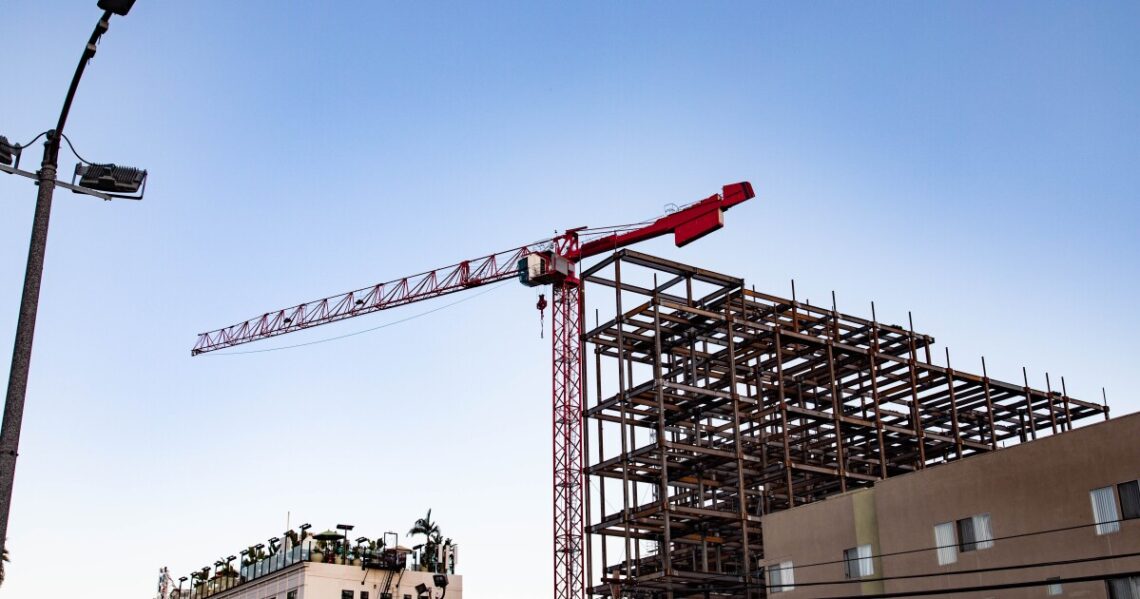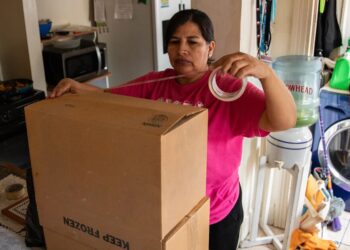Under a California law created more than 50 years ago, housing projects large and small across the state have been required to undergo environmental review.
The process outlined by the California Environmental Quality Act of 1970 (widely known as CEQA) is intended to push developers to mitigate potential environmental harms. It can also delay projects for years, cost developers millions of dollars and even kill projects in wealthy neighborhoods that rarely build new housing.
Now, an independent state agency is recommending that lawmakers broadly exempt new urban housing from these reviews in the interest of moving the needle on the state’s intractable housing crisis.
“California will never achieve its housing goals as long as CEQA has the potential to turn housing development into something akin to urban warfare — contested block by block, building by building,” concludes the report, published last week by the Little Hoover Commission.
Why it matters
The report, one year in the making, finds that CEQA has in many ways made good on its intent to protect California’s environment. For example, it’s been instrumental in blocking oil wells in residential areas and protecting old-growth redwoods in Northern California.
About the Little Hoover Commission
-
The bipartisan commission was established in 1962 as an independent oversight agency with a goal to look at how “programs can and should function today and in the future.” The 13 commissioners include Democrats, Republicans and people who have no party…
Read the full article here







